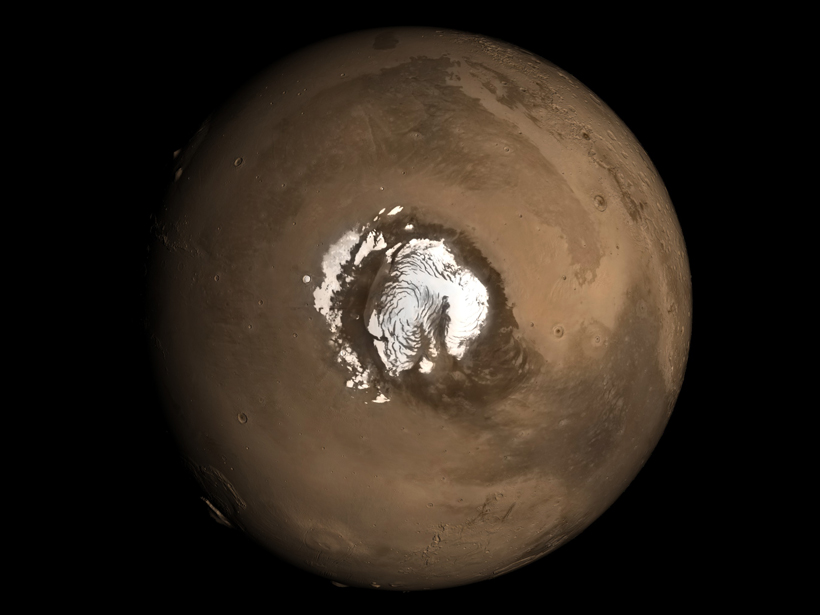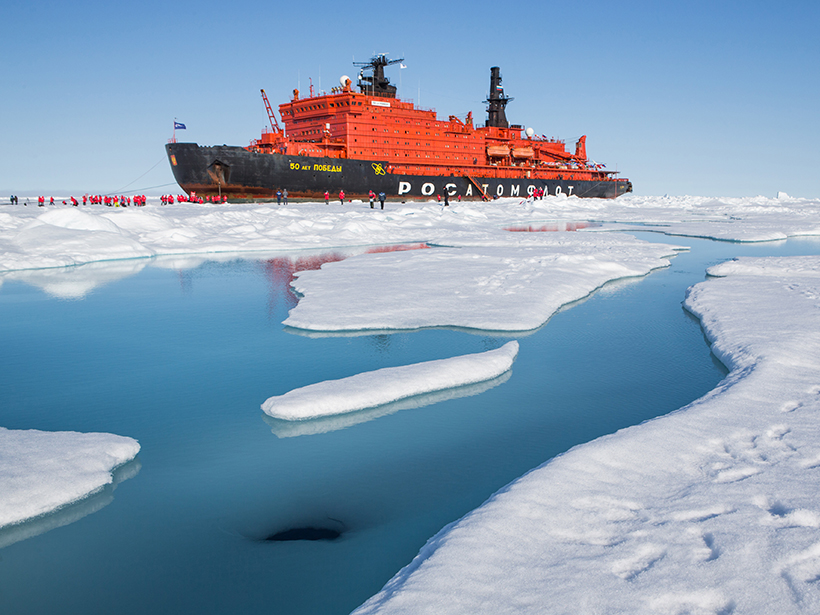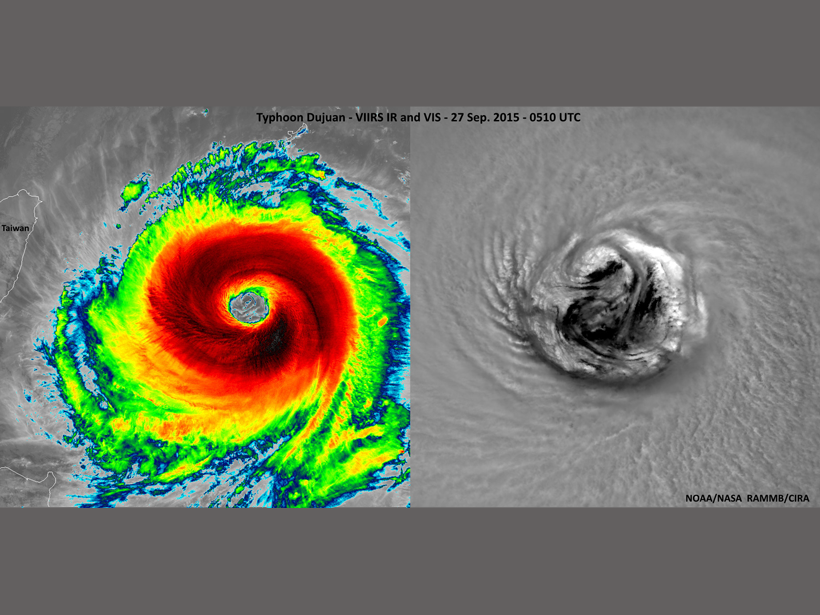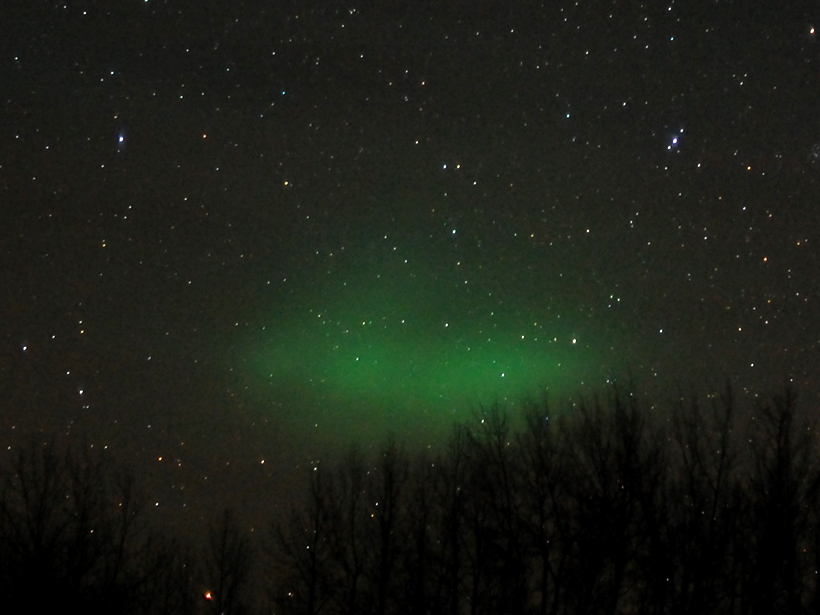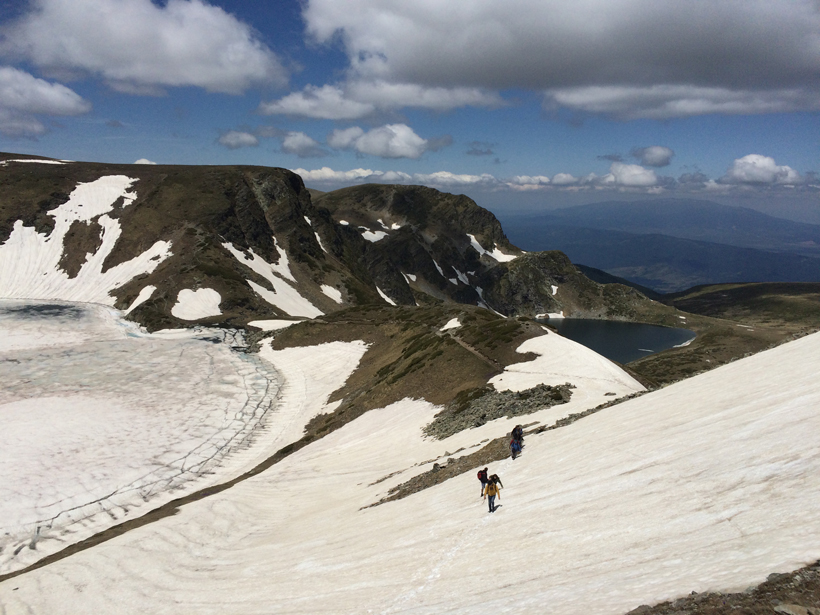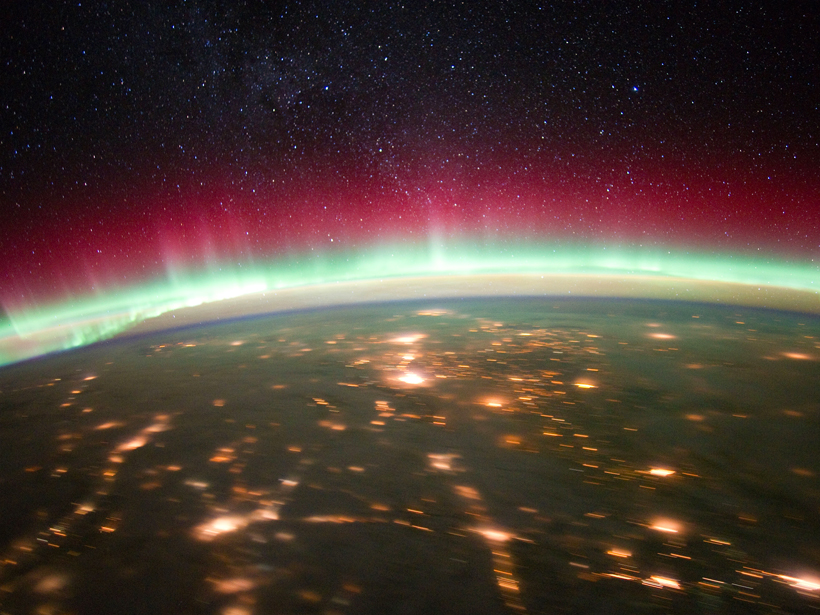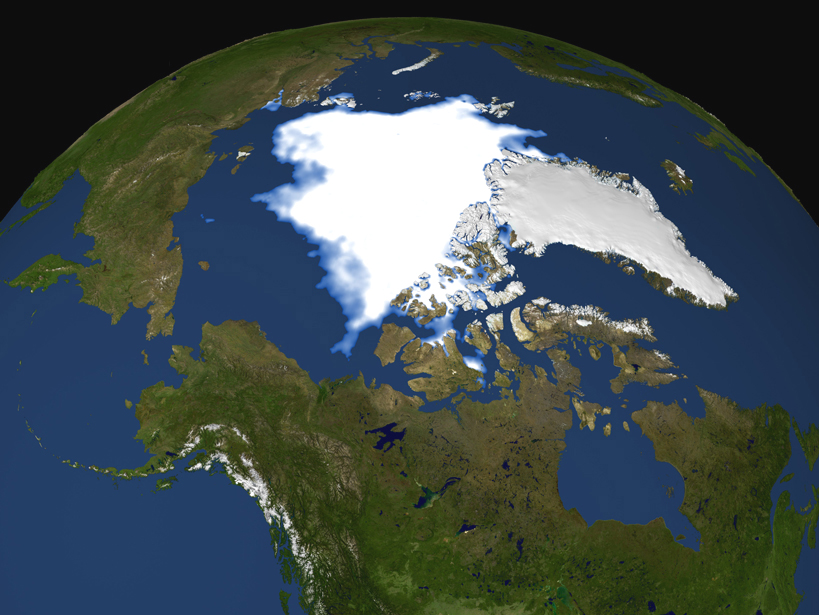Orbital wobbling shaped the dome of ice and dust at the planet's north pole.
poles
Charting Ice Sheet Contributions to Global Sea Level Rise
An international team produced an integrated assessment of polar ice mass losses in 2012. Now efforts to provide an up-to-date assessment are under way, with an open invitation for participation.
Citizen Scientists Train a Thousand Eyes on the North Pole
During expedition cruises, tourists participate in collecting scientific data and contribute to ongoing observations of sea ice conditions in the Arctic.
Polarity Reversals in the Earth’s Magnetic Field
Studies of geomagnetic polarity reversals have generated some of the biggest and most interesting debates in the paleomagnetic and wider solid Earth geophysics communities over the last 25 years.
Ionospheric Waves Linked to Polar Atmospheric Dynamics
Ionospheric waves are likely to be caused by processes in the polar atmosphere rather than by space weather.
Joint Polar Satellite System Algorithm Team Reviews Past, Future
Center for Satellite Applications and Research Joint Polar Satellite System Annual Science Team Meeting; College Park, Maryland, 24–28 August 2015
Magnetic Field Pulsations and Aurora Tightly Linked
Mysterious plasma waves from space are generating displays of aurora near Earth's poles.
Focus on the Future of Polar Research
The First World Summit of the Association of Polar Early Career Scientists; Sofia, Bulgaria, 6–8 June 2015
Why Does the Aurora Flare Up?
The spectacular auroras that circle Earth's geomagnetic poles and burst with colorful displays during geomagnetic storms have mystified humanity for millennia. Now scientists are uncovering their secrets.
Connecting the Tropics to Polar Regions
Workshop on Connecting the Tropics to the Polar Regions; New York, New York, 2–3 June 2014

